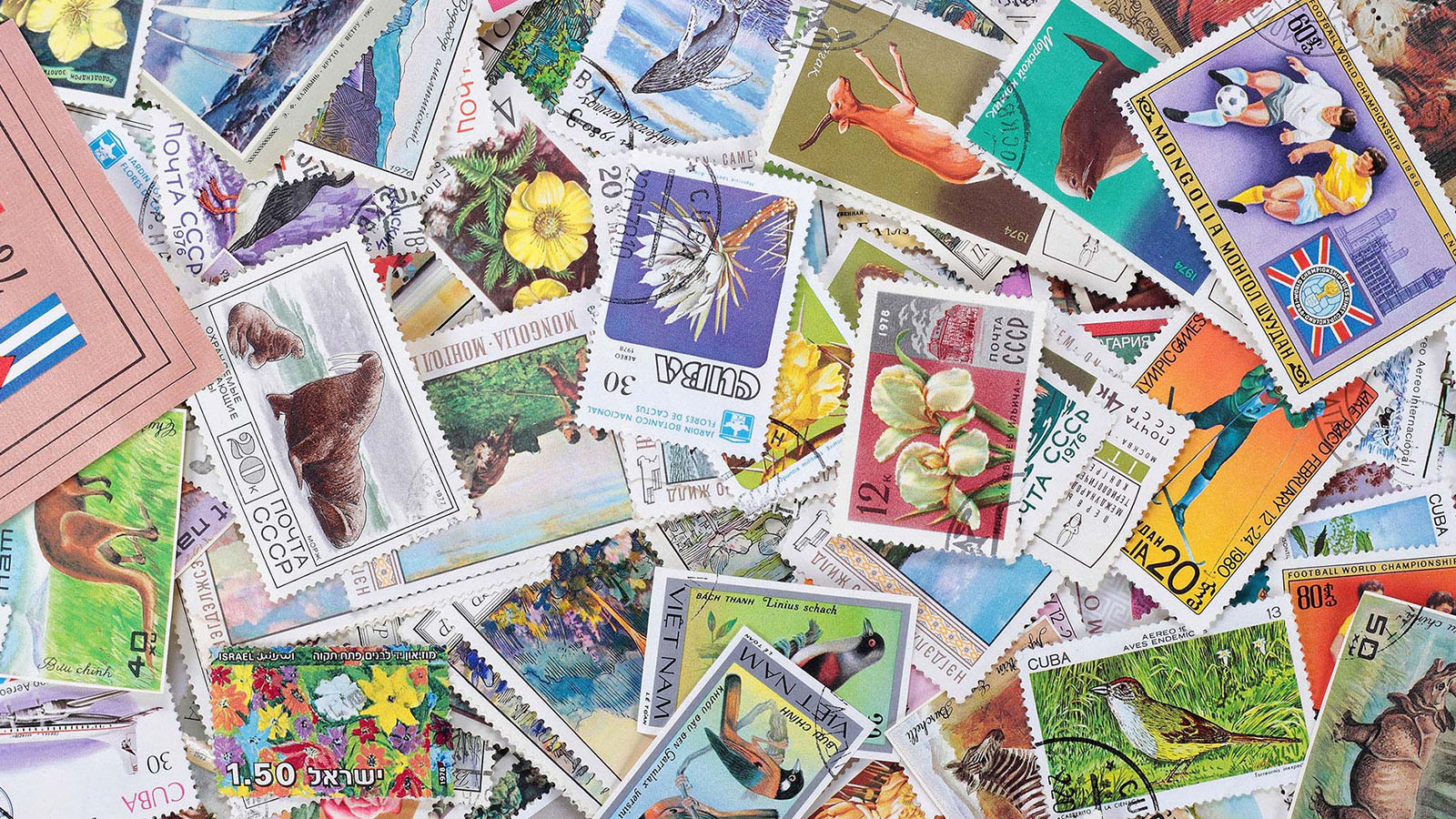FASB and IASB Emphasize Comparability in Global Financial Reporting
Never miss a thing.
Sign up to receive our insights newsletter.

The Chairman of the Financial Accounting Standards Board (FASB), Russell Golden, states that the global financial reporting project is alive and well. Russell set the record straight and denied rumors that the FASB and the International Accounting Standards Board (IASB) are at odds.
Joint effort
Golden emphasized at the 18th Annual Financial Reporting Conference in May that “we are in constant contact with IASB members and staff about projects on their research agenda. And we each share our research activities to see if we can continue progress toward improved, aligned solutions.” According to Golden, part of the FASB’s standard-setting process is aligning U.S. generally accepted accounting principles (GAAP) with International Financial Reporting Standards (IFRS).
Developing and improving GAAP for those who use it, both within and outside of the United States, is FASB’s primary objective. Because IASB is FASB’s strongest ally in the financial reporting space, Golden wants the FASB to forge ahead with the work. He anticipates bringing GAAP and IFRS closer than they have been over the past decade.
Golden’s comments hinted at a long-held debate within accounting circles about whether GAAP and IFRS should converge into one global standard. But the FASB and the Securities and Exchange Commission (SEC) have been reluctant to cede control over accounting rules and adopt a more principles-based regime under IFRS. This debate was stimulated, in part, when the FASB and IASB signed a joint Memorandum of Understanding about a decade ago to align a batch of major accounting rules.
A successful convergence story is Accounting Standards Update (ASU) No. 2014-09 and IFRS 15, which are the standards on revenue from contracts with customers. These standards were issued in 2014 by FASB and IASB, and they went into effect for publicly traded companies in 2017 and private ones in 2018.
Less successful was the joint project on accounting for leases, although it narrowed the reporting differences between GAAP and IFRS. After a decade of debate, the standard-setting bodies published divergent lease reporting standards — ASU 2016-02 and IFRS 16 — in 2016.
The boards jointly redeliberated accounting standard-setting topics in the early 2000s. After it became apparent that the United States had no intention of ditching GAAP for IFRS, joint redeliberations stopped. According to the FASB’s constituents, such a move would leave U.S. companies at a disadvantage because of the knock-on implications, such as education, textbooks and systems changes.
A push toward comparability
After publication of the divergent standards on leases, talk of global convergence died down. But far from going their separate ways, both the FASB and the IASB have been working together on several fronts.
For example, the FASB sought public comments on potential new technical projects during its agenda consolation project a few years ago. In particular, the FASB asked U.S. companies to comment on IASB solutions on pensions and intangible assets — and whether they thought those solutions might work in the United States.
“We continue to learn from each other,” Golden said. “Later this year, the FASB and the IASB will have another joint meeting in London to discuss common projects.” He added that the FASB has also helped improve IFRS through its membership in the Accounting Standards Advisory Forum (ASAF) over the past five years.
In 2014, the ASAF was created by the IFRS Foundation to advise the IASB as it develops accounting standards. The FASB serves on the ASAF, along with representatives of other national standard-setting boards.
The forum is an important opportunity to represent U.S. interests in the IASB’s standard-setting process. “It has proved to be yet another valuable opportunity to work together with other standard setters on issues of common interest,” said Golden. “And it helps all of us continue the process of improving GAAP, IFRS and other national standards.”
The FASB also meets individually with standard setters from Canada, Japan, Italy, China, Korea, Australia, France, the United Kingdom and other nations to exchange ideas on improving their respective standards. “This process also helped promote the broader flow of information and ideas that mutually inform our thinking,” said Golden, “and to contribute to an environment that will foster greater alignment of standards across the globe.”
Next moves
The FASB will host a meeting of the International Forum of Accounting Standard Setters (IFASS) in Washington, D.C. in 2020. This is a group of national accounting standard setters from around the world, plus other organizations closely involved in financial reporting issues. Golden believes these meetings will help foster relationships that are critical to developing better and more comparable standards throughout the world. Rather than focusing on convergence, FASB and IASB members are setting their sights on collaboration and comparability.
For more information about evolving accounting standards and how to make sure your company is prepared for changes, contact a Weaver professional today.
© 2019